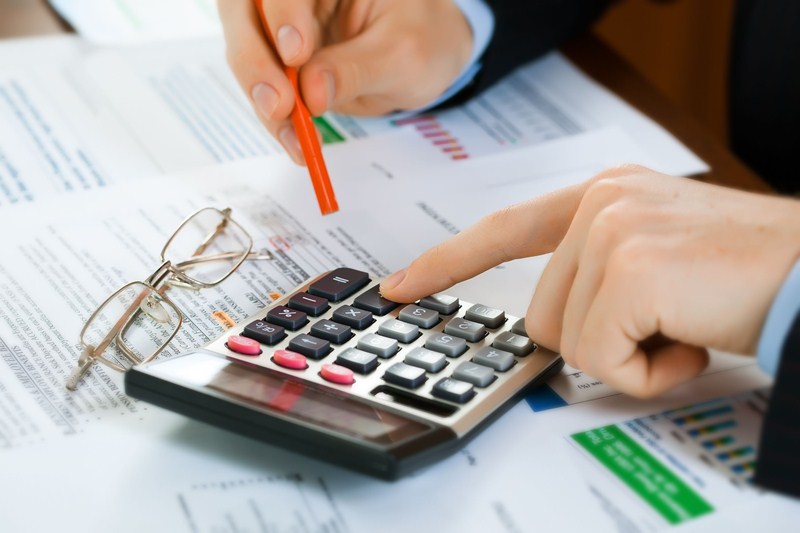
by Admin | Jun 3, 2021 | Corporation Tax
There are special tax reliefs for pre-trading expenses that are incurred before a business starts trading. These could include expenses that are required to help a business prepare for trading such as buying stock and equipment, renting premises, taking out...
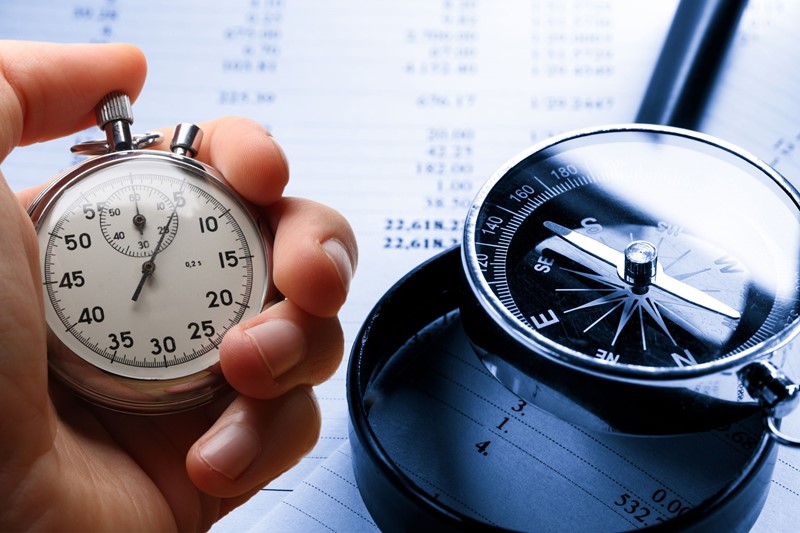
by Admin | Apr 29, 2021 | Corporation Tax
HMRC must be informed when a non-trading or dormant company starts trading again and becomes active for Corporation Tax. Companies can use HMRC Online Services to supply the relevant information. When a company has previously traded and then stops, it would...
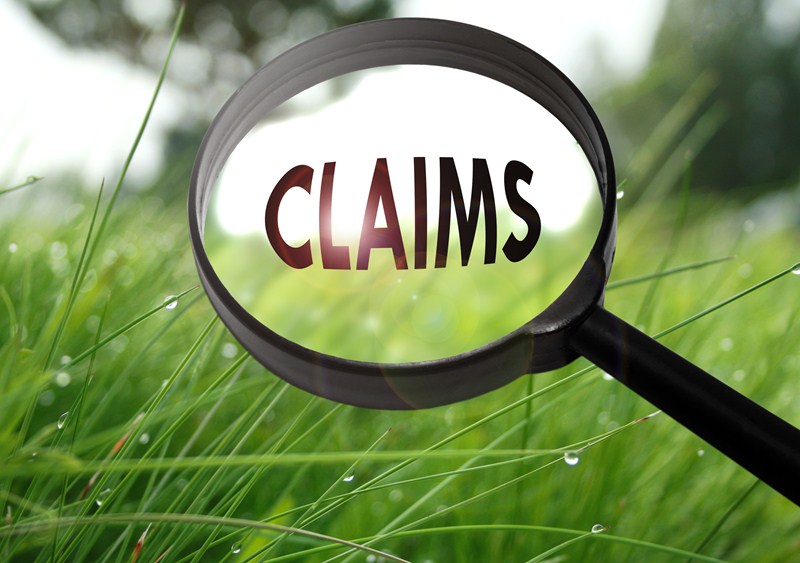
by Admin | Apr 8, 2021 | Corporation Tax
The new super-deduction tax break, that will allow companies to deduct 130% of the cost of any qualifying investment from their taxable profits, is available on most new plant and machinery investments that ordinarily qualify for 18% main rate writing down...

by Admin | Feb 4, 2021 | Corporation Tax
If you have recently setup a new limited company or are thinking of doing so then one of the areas that you need to be aware is the accounts and tax filing regime for companies. After the end of its financial year, a private limited company must prepare...
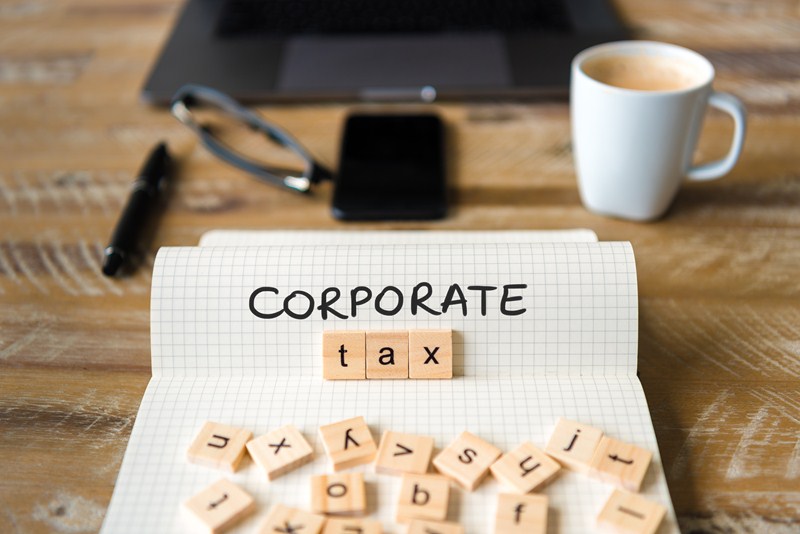
by Admin | Jan 28, 2021 | Corporation Tax
Corporation Tax relief may be available where your company or organisation makes a trading loss. A qualifying trading loss may be used to claim relief from Corporation Tax by offsetting the loss against profits in previous years. This could be an especially useful...
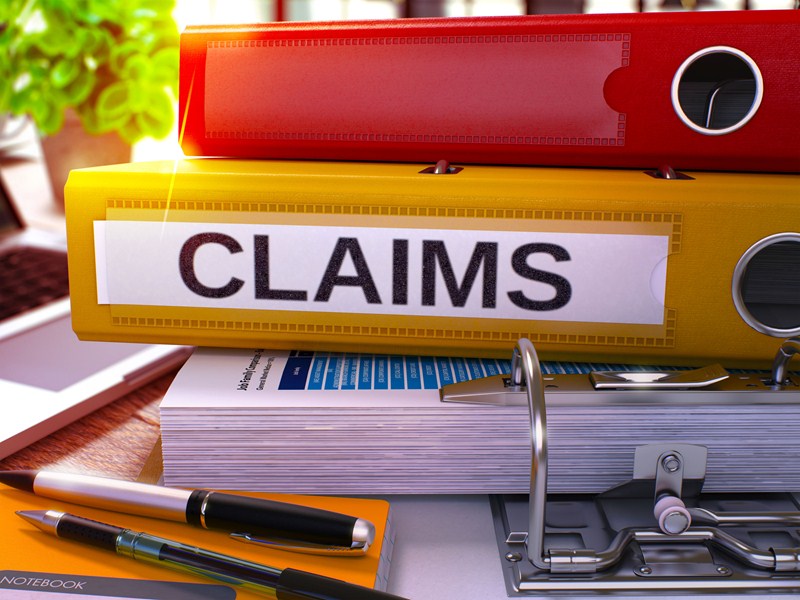
by Admin | Jan 4, 2021 | Corporation Tax
There are two schemes for claiming R&D tax relief – the Small or Medium-sized Enterprise (SME) Scheme and the R&D Expenditure Credit (RDEC) Scheme for large companies. The SME scheme offers more generous reliefs to qualifying companies. The amount of...








Recent Comments